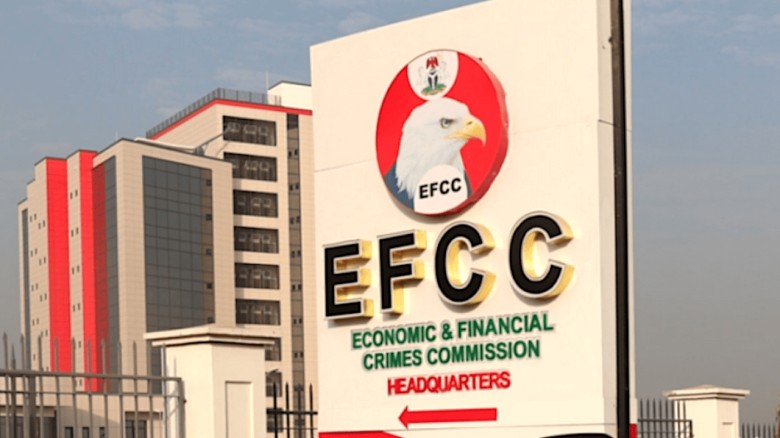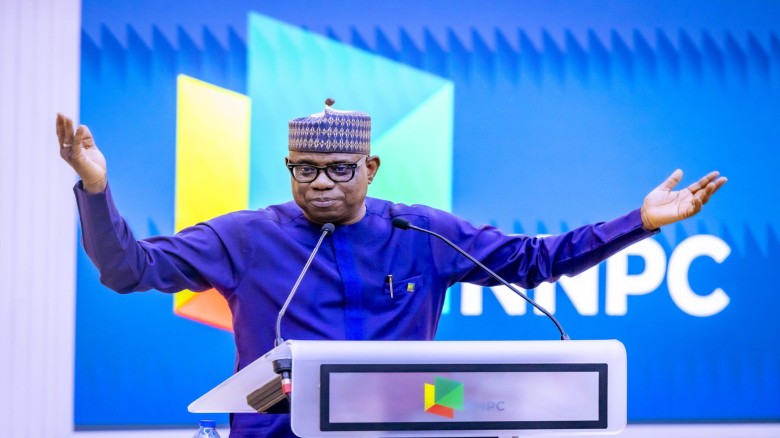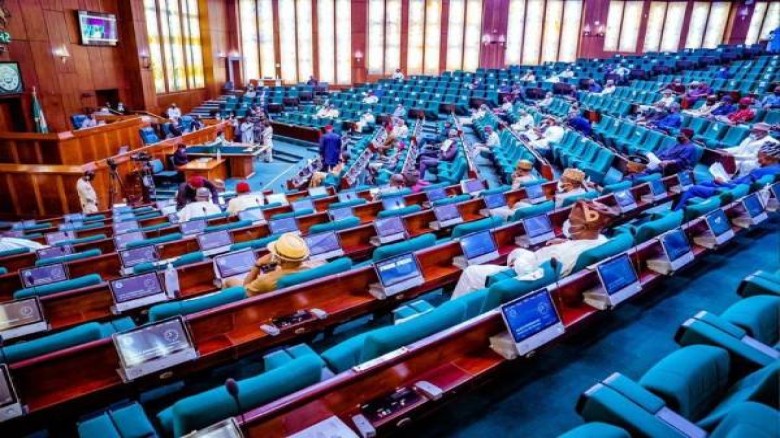Reps launch probe into turnaround maintenance of four refineries
The House of Representatives Committee on Petroleum Resources (Downstream) has initiated an inquiry into the maintenance turnaround of Nigeria’s four state-owned refineries.This action follows a similar commitment from the Committee on Petroleum Resources (Midstream) to investigate the reasons behind the persistent non-functionality of the refineries despite the reported expenditure of $18 billion on maintenance.
The Committee also intends to explore the bureaucratic obstacles hindering local and modular refineries in gaining access to crude oil.
During a press conference on Wednesday, Committee Chairman Ikenga Ugochinyere (PDP, Imo) expressed concern over reports indicating that the Port Harcourt and Warri refineries had ceased operations just weeks after recommencing.
Ugochinyere stated that the Committee aims to uncover the factors contributing to the failure of the turnaround maintenance, especially considering that the company in charge has a solid reputation for service delivery.
He also announced the establishment of several technical sub-committees aimed at tackling significant challenges and ongoing investigations within the sector.
He remarked, “These technical sub-committees will focus on expediting the inquiry into pending referrals to the committee, address critical issues and developments that have emerged, which pose risks to sustainability in the downstream sector, to make the downstream sector more robust and viable.”
The investigations will encompass several vital topics, including allegations regarding a potential takeover of petroleum products transportation and retailing by Dangote Refinery, the status of turnaround maintenance of state-owned refineries, their current operational conditions, and proposed strategies for their revival.
Additional matters include the OVH acquisition and grievances from staff of the Nigerian National Petroleum Company Limited Retail, including a House-ordered re-investigation; issues regarding the lack of feedstock faced by modular refineries; and plans to enhance small/modular refining operations; evaluating the Petroleum Industry Act to identify amendments needed to fortify the Nigerian Midstream and Downstream Petroleum Regulatory Authority and incorporate artisanal refiners into the official petroleum refining value chain, among other concerns.
Ugochinyere stated, “This initiative is designed to tackle threats to the viability and sustainability of the downstream sector. We are committed to implementing genuine reforms that will promote efficiency, fairness, and competitiveness throughout the industry.”
The House Committee is expected to receive updates from its technical sub-committees in the coming weeks, as part of broader legislative efforts aimed at reforming and revitalizing Nigeria’s oil and gas sector.
As part of this initiative, the House is also reviewing potential amendments to the Petroleum Industry Act to address new gaps that are not currently addressed in the existing legislation. The Committee plans to compile these proposed amendments for House approval, with the intent to strengthen the NMDPRA and enhance the downstream sector.
He revealed that the Committee chose to reject the petition requesting the dissolution of the NMDPRA since the PIA grants the appointing authority to the President, reiterating, “We cannot revert to the previous system where any government dismisses individuals at will.”
“We are not here to shield anyone. If anyone is found to be involved in corrupt practices, the law should take its course.”
























Leave A Comment